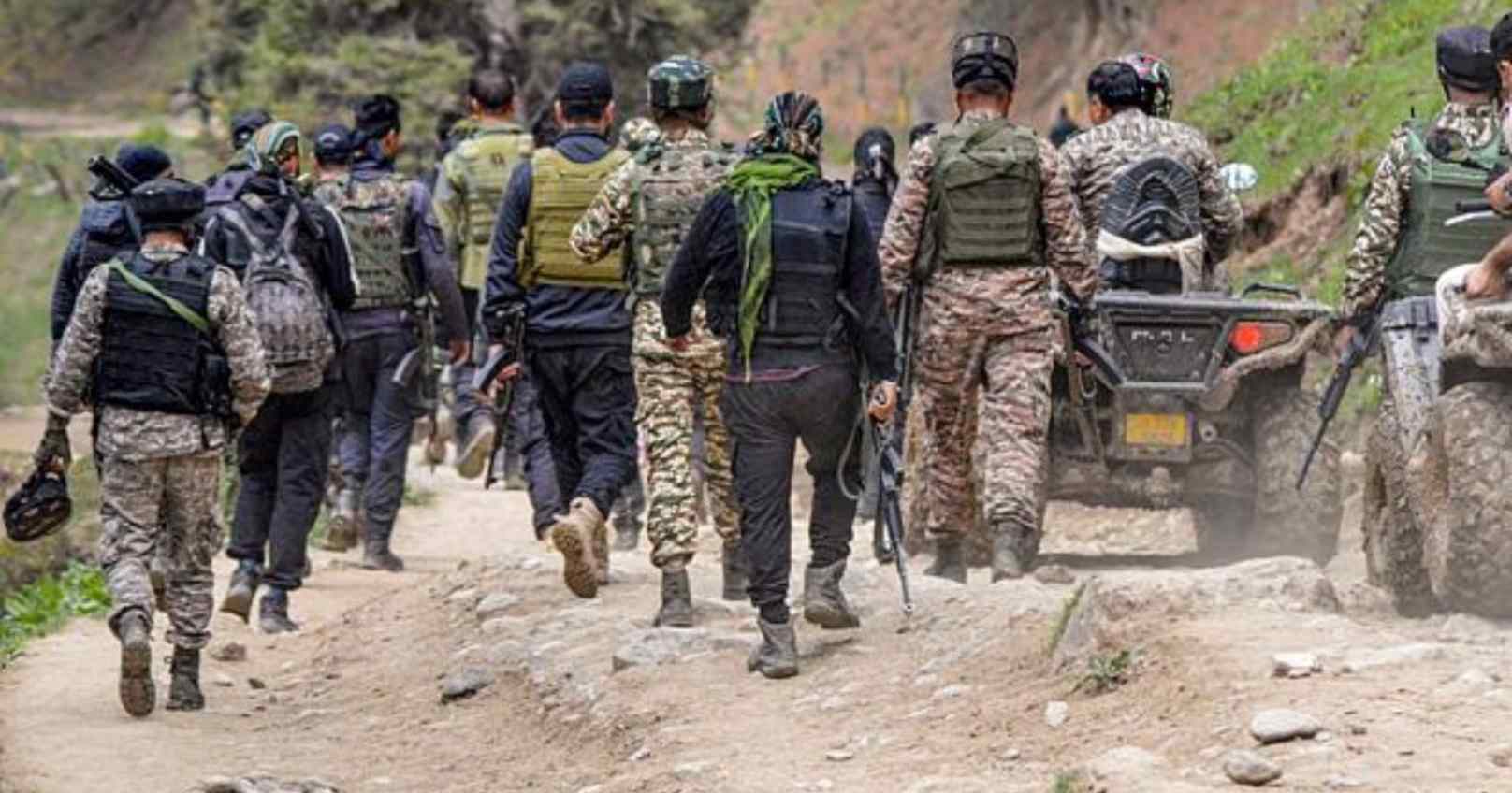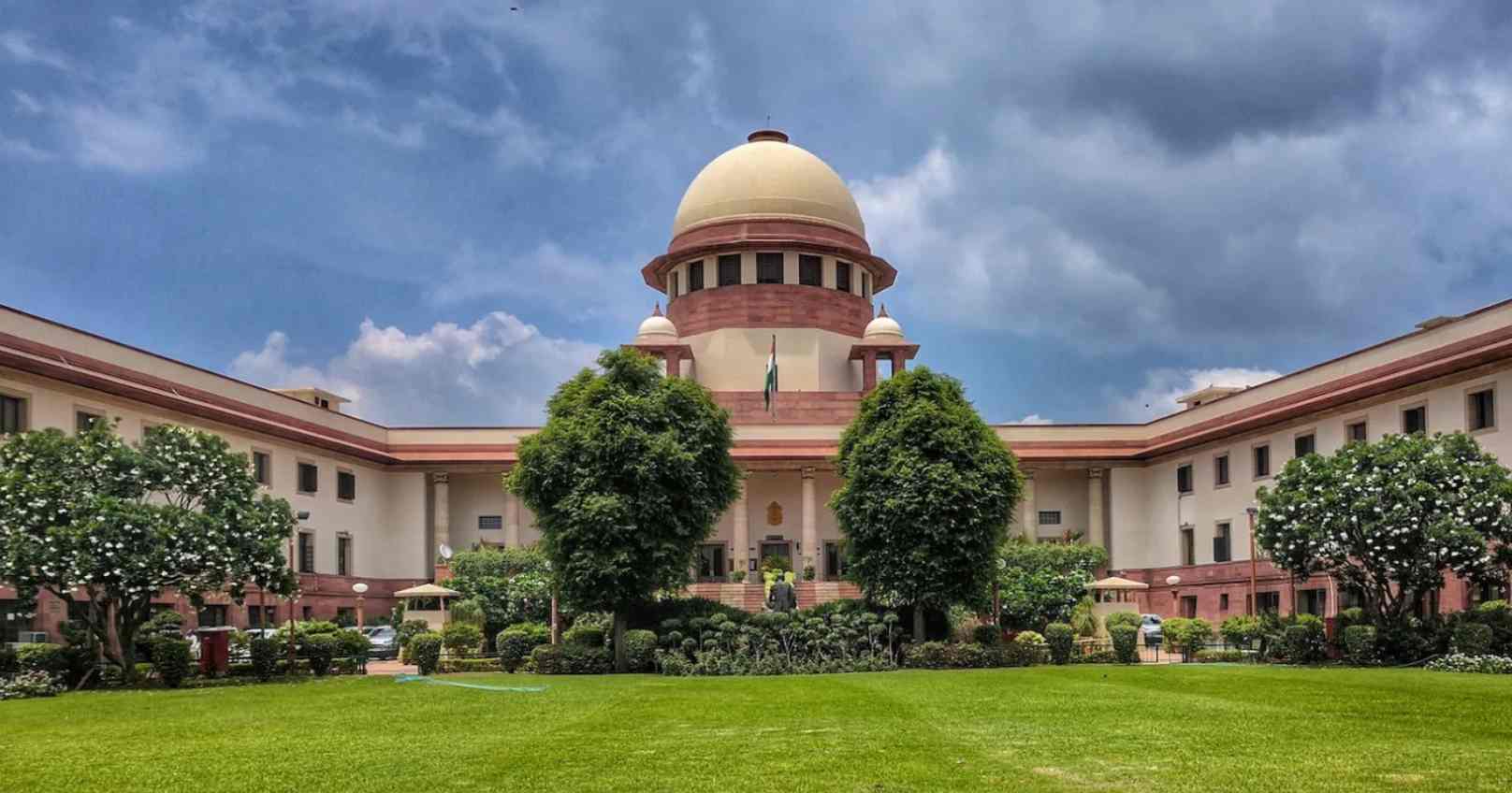The Supreme Court on Thursday dismissed a plea seeking a judicial inquiry into the recent terror attack in Jammu and Kashmir’s Pahalgam, warning that such petitions risk undermining the morale of the country’s security personnel.
A bench led by Justice Surya Kant came down heavily on the petitioner, criticising the move as irresponsible and lacking awareness of the situation’s gravity. “One must act responsibly before filing such public interest litigations. Every citizen has a duty towards the nation, especially in critical times like this when the country is united against terrorism,” the bench observed.
The petition had demanded the setting up of a judicial commission, headed by a retired Supreme Court judge, to investigate the brutal attack in Baisaran valley, which claimed 26 lives. Dismissing the request, the court underlined that judges are adjudicators, not investigators.
“We are not trained to conduct probes. You want a former judge of this court to lead an investigation — that's not our role. We decide legal disputes, not carry out fact-finding missions,” Justice Kant said.
The court also took issue with the scope of the petition, which later sought directions to ensure the safety of Kashmiri students studying outside the Union Territory. The petitioner alleged that students from J&K were being targeted in the aftermath of the terror incident.
“You’re not even clear about your demands. First, you ask for a judicial probe. Then you want compensation, guidelines, involvement of the Press Council — and now you’ve added students to the mix. You make us go through all this overnight, and then bring in a new angle today,” the bench remarked.
Ultimately, the court allowed the plea to be withdrawn, and advised the petitioner to approach the relevant High Court with concerns regarding the safety of students from Jammu and Kashmir.
The Pahalgam attack, carried out by two foreign terrorists from Lashkar-e-Taiba along with a local militant, is among the deadliest terror strikes in the Valley in recent years. The National Investigation Agency (NIA) is currently handling the investigation.







